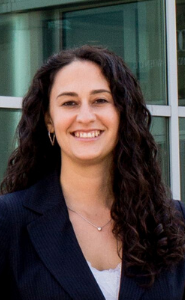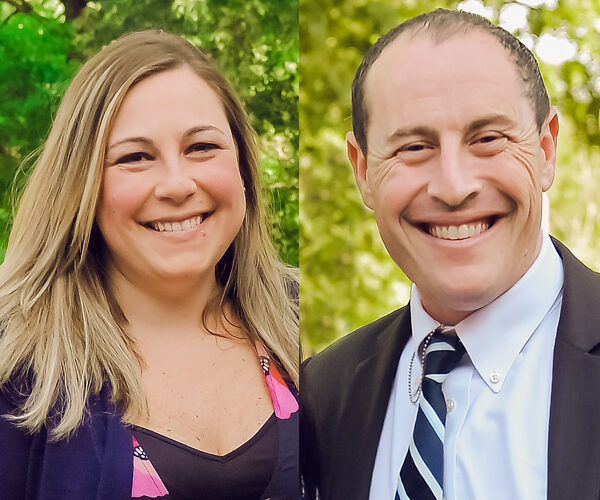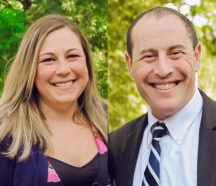2023 Year-End Tax Planning

As we approach the end of the year it is helpful to reflect on steps that can be taken to reduce taxes that otherwise would be due. This letter addresses possible end-of-year planning ideas, as well as the most significant legislative proposals that might affect individuals this year or beginning in 2024.
Key Considerations for Year-End Tax Planning
- Use appreciated assets to make a charitable gift in 2023. As in previous years, gifts of appreciated assets (stock) remain a best practice. Such gifts not only provide a deduction to the donor for the full value of the asset, but also avoid the capital gains tax that would apply if the assets were sold. Conversely, built-in loss assets generally should be sold (generating a tax loss) with the resulting cash proceeds donated, if desired. *Note that, as in previous years, up to $3,000 of capital losses may be used to offset ordinary income, and the deduction for gifts of cash can be used up to 60% of AGI.
- Consider donating to a Donor Advised Fund this year for maximum flexibility. If you are considering making a significant donation to charity over time, but want a deduction today, consider adding funds to an existing Donor Advised Fund (DAF) or opening a new DAF. It can be especially beneficial to donate appreciated property, because by doing so capital gains taxation with respect to the contributed assets is eliminated. The Associated operates an easy and flexible donor-advised fund program and we would be happy to assist your clients.
- Look into an IRA charitable rollover. The IRA charitable rollover is an attractive option. It permits the transfer of up to $100,000 per year (indexed for inflation) from an IRA to charity, free of any income tax. In addition, such rollovers help satisfy the IRA minimum distribution requirement (RMD). Note that in 2022, year-end legislation raised the age at which the owner of an IRA or other qualified plan must start taking RMDs. Previously an individual had to start taking their RMD from a retirement account at age 70½, but with a recent change in federal law this age requirement increased. Now if the individual turned 72 in 2022 or earlier (born in 1950 or earlier), there is no change to the RMD starting age. If the individual was born 1951-1959, they can delay taking their RMD until age 73. If they were born in 1960 or later, 75 years is their RMD starting age. However, favorably, the minimum age for making a QCD remains 70 ½.
- Expansion of IRA Charitable Rollover Provision. Last December, Congress passed the Secure 2.0 legislation, which expands the IRA charitable rollover provision to allow for a one-time, $50,000 distribution to charities through Charitable Gift Annuities, Charitable Remainder Unitrusts, and Charitable Remainder Annuity Trusts, effective in 2023.
- Consider accelerating non-charitable gifts. The unified estate/gift credit of $12.92 million is scheduled to automatically reduce to around $7 million, indexed for inflation, beginning with transfers made in 2026. Accordingly, taxpayers who intend to make significant family gifts (either during their lifetime or in the form of bequests) may want to consider accelerating some or all of those gifts early, as their resources permit. Utilizing a Charitable Lead Trust may be the right tool for those clients who would are charitably inclined and would also like to make significant family gifts.
We also recommend that you monitor the legislative proposals below as they will be considered by Congress later this year. Should any significant legislation be approved, we will communicate those changes to you and provide suggestions for charitable giving.
- Expansion of the universal charitable deduction for non-itemizers. Proposed legislation (S. 566 and H.R. 3435) seeks to expand the universal charitable deduction first enacted in the CARES Act, the COVID relief legislation passed in March 2020. The proposed legislation would allow a charitable deduction of up to one-third of the standard deduction available to non-itemizers (about $4,600 for individual filers and $9,200 for a joint return). In lieu of this proposal, it is possible that a year-end legislative tax package simply could provide an “above the line” deduction of $300 ($600 for a joint return) similar to what was available for 2021.
As with any significant tax and charitable planning, you should always carefully consider potential changes in the context of your client’s complete financial profile. The Associated’s professionals are ready to work with you and your clients on ways to help maximize the financial and charitable benefits of any charitable planning strategies.

For more information, contact Jackie Yahr at 410-369-9248 or jyahr@associated.org.
This is for informational purposes only and should not be construed as legal, tax or financial advice. When considering gift planning strategies, you should always consult with your own legal and tax advisors.
Subscribe to our newsletter
The Associated is a home for everyone in the Baltimore Jewish community. We offer several email lists to help people find a community, engage with their peers and support Jewish journeys around the world.
Join Our Mailing ListAdd Impact to Your Inbox
Sign up for our newsletter
Subscribe to our newsletter
The Associated is a home for everyone in the Baltimore Jewish community. We offer several email lists to help people find a community, engage with their peers and support Jewish journeys around the world.
Join Our Mailing List









 Please Wait while we loading your video.
Please Wait while we loading your video.